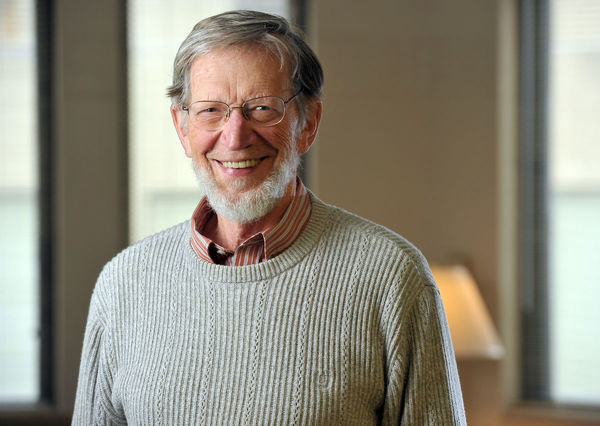


Plantinga himself notes, “When I left graduate school in 1957 there were few Christian philosophers in the United States, and even fewer Christian philosophers willing to identify themselves as such.” Why was that the case? Primarily because positivism with its “verifiability criterion of meaning” had hegemonic influence, and, as most who look back on that period note, Christians were by and large either jumping on the positivistic bandwagon or running scared of positivism’s conclusions. This was, at least in large part, due to the influence of positivism on the philosophical terrain. In 1980, Time magazine called Alvin Plantinga “the leading Protestant philosopher of God.” Philosophy in the previous generation was dominated almost exclusively by atheists or agnostics. His Nature of Necessity did much to further discussions of modality in metaphysics, and his most recent work in epistemology, the roots of which began early in his career, has stimulated a multitude of developments and critiques in philosophical and theological circles. It would not be an overstatement to say that virtually all matters metaphysical and epistemological must address much of Plantinga’s own work. Throughout his prolific career, Plantinga spent the majority of his years teaching, first, at Calvin College for nineteen years, then, until his recent retirement, at Notre Dame University.

Plantinga studied philosophy at Harvard, Calvin College, the University of Michigan, and Yale, earning his PhD from Yale in 1957. As the son of a philosophy and psychology professor, Plantinga evidenced a knack for and interest in philosophy early on. Raised in the Christian Reformed Church, he has theological roots in the Dutch Reformed tradition. Alvin Plantinga was born in Ann Arbor, Michigan.


 0 kommentar(er)
0 kommentar(er)
